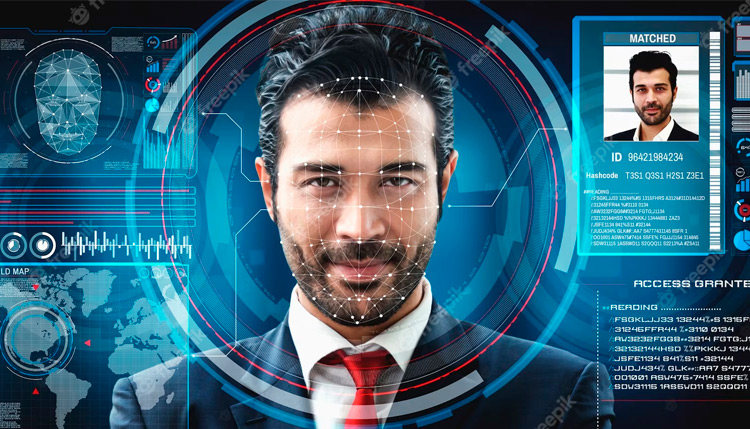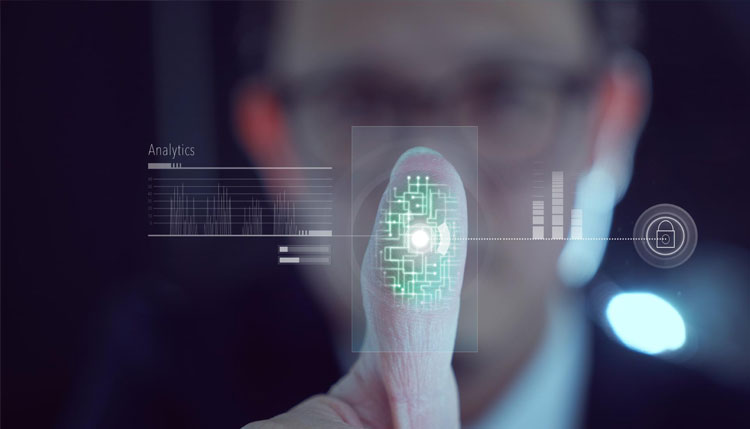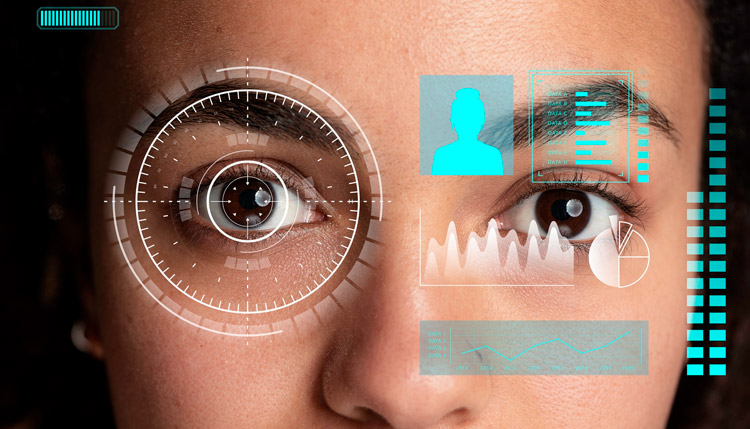
Ethics of Identity Management
Identity management involves the collection, storage, and use of personal information, including biometric data such as fingerprints, facial recognition, and iris scans. While the use of this data can improve security and efficiency, it also raises ethical concerns related to privacy, consent, and potential misuse.
According to a survey by the Pew Research Center, 64% of Americans believe that the government should do more to regulate how companies and organizations use personal data. In addition, a study by IBM found that 81% of consumers worldwide are concerned about the way companies use their personal information.
One of the key ethical concerns related to identity management is the potential for misuse of personal data. For example, there have been cases of companies using personal data to target individuals with discriminatory advertising or to sell personal information to third-party companies without proper consent.
In addition, the use of biometric data raises concerns related to privacy and the potential for abuse. Biometric data is highly personal and can be used to identify individuals with a high degree of accuracy. This has led to concerns related to the use of facial recognition technology by law enforcement agencies, as it can be used to track individuals without their knowledge or consent.
Another ethical concern related to identity management is the potential for bias and discrimination. For example, studies have shown that facial recognition technology can be less accurate for people with darker skin tones, leading to potential biases in identification and criminal profiling. In addition, there are concerns related to the use of biometric data in hiring and employment decisions. For example, there have been cases of employers using facial recognition technology to evaluate job candidates, which raises concerns related to discrimination and bias.
To address these ethical concerns, it is important for companies and organizations to adopt best practices related to identity management. This can include obtaining proper consent for the collection and use of personal data, ensuring that data is kept secure and confidential, and implementing measures to prevent discrimination and bias in the use of biometric data.
In addition, there are calls for government regulations to provide greater oversight of the collection and use of personal data. For example, the European Union’s General Data Protection Regulation (GDPR) provides strict rules for the collection and use of personal data, including requirements for obtaining explicit consent and providing transparency in data use.
Other ethical considerations related to identity management include the right to privacy and the potential for unintended consequences. For example, there is concern that the widespread use of facial recognition technology could lead to a loss of privacy and a reduction in personal freedom.
To address these concerns, it is important for companies and organizations to conduct thorough risk assessments and to implement measures to ensure that personal data is used in a responsible and ethical manner. This can include ensuring that data is used only for its intended purpose, providing transparency in data use, and implementing measures to prevent unauthorized access and misuse of personal data.
In conclusion, the use of identity management technologies raises ethical concerns related to privacy, consent, and potential misuse. While these concerns are valid, there are steps that can be taken to address them, including obtaining proper consent for the collection and use of personal data, implementing measures to prevent discrimination and bias, and providing greater oversight through government regulations. By adopting best practices and ethical considerations in the use of identity management technologies, we can ensure that personal data is used in a responsible and ethical manner, while still benefiting from the improved security and efficiency that these technologies can provide.
For more information, please visit www.trueid.in











